As the crypto industry continues to develop, new projects are built by the day for different purposes. One of the latest additions to the ever-growing crypto space is the Soulbound Token (SBT). This digital asset is a new form of non-fungible tokens (NFTs), representing ownership on blockchains.
You’re probably thinking, “What are Soulbound tokens,” since that’s what NFTs also do. That’s why we’ve put together this article to explain SBTs and how they work. Keep reading.
What Are Soulbound Tokens?
Soulbound tokens are one of the latest developments in the Web3 space, which build on the existing NFT model. These tokens are for strong digital information on the blockchain, making it possible for people to connect them to different data.
For instance, someone can store their identity or other information like work history, medical history, and academic records as an SBT so that the information is easily accessible on the blockchain.
These people belong to a “Soul,” which can be a business organization, an educational institution, or other trusted entities. It’s usually the Soul that issues out whatever information makes up the SBT.
So, like NFTs, they store digital information using blockchain technology. However, the digital items stored on SBTs are more of personal information and achievements instead of regular assets like paintings, music, and pictures that are usually stored as NFTs.
Moreover, unlike NFTs, Soulbound Tokens are connected to unique wallets, making them non-transferable. That means you cannot buy, sell, or trade an SBT like an NFT because only the rightful owner can access it. Additionally, there are no financial gains to owning SBTs since they can’t be flipped for money.

Brief History of Soulbound Tokens
Soulbound Tokens are contemporary blockchain projects created by Ethereum co-founder, Vitalik Buterin in 2022. The developer initially introduced the concept in his blog post titled “Soulbound.”
In the article, he explained the various use cases of SBTs and how they can become the future of NFTs by creating a decentralized society (DeSoc). This modern society is focused on other use cases of crypto, such as accessible personal information, instead of its financial possibilities.
With these details made public, there can be an increase in trust within the digital space, as users can showcase what they do and their achievements. This makes it easy for others to verify their social value, trustworthiness, and reputation.
Top Uses of Soulbound Tokens
Since SBTs aren’t for trading or making money from crypto, what are their real-world use cases? We highlight some of them below.
Identify Verification/KYC
The most common use of SBTs is identity verification. The digital asset makes it easy to validate its users’ identities without them having to submit any identification document. That’s because their personal information has already been encrypted into the token, making it easy to identify them.
For instance, an exchange like Binance has a BAB Token for its customers. This Soulbound Token can be used for customer verification on the platform. Once the platform checks the token information, it can tell whether the associated customer has completed its KYC process.
That way, the user’s identity is properly safeguarded and a higher level of trust can be built in the crypto space.

Credential Validation
Another valuable use of SBTs is in verifying digital credentials. At a time when every professional is big on digital identity, SBTs are efficient in proving people’s qualifications, knowledge, and skills.
That’s because professionals can encrypt their certifications, work history, and other career-related information into these tokens. This makes it easy to have a digital career footprint represented in a token, and employers can find such information on the blockchain.
However, a drawback to this is that it’s difficult to ascertain whether the details are real. With future developments, we may see this addressed and rectified.
Reputation Management
Besides using SBTs for professional purposes, the tokens can double as reputation builders. Users can use SBTs to document their social activities and community contributions, helping them build a solid social profile within their communities.
For example, a politician can use SBTs to document their political history, administration records, and other achievements. This makes it easy for the public to check out their records during campaigns and spread their credibility across various quarters.
Metaverse Gaming
Like NFTs, people can play metaverse games using SBTs. Since the information is non-transferable, the tokens can act as a means of player identification and other gaming-related details. For instance, a player can have their gaming achievements and milestones saved to determine their skill level. They can also find communities of players with similar gaming interests easily.
Moreover, some gaming platforms host physical and virtual community events. The SBT can be used as a ticket or pass for the players.
Credit History Checks
SBTs can also be used in the financial sector to provide a decentralized system where people’s credit records and other financial histories can be checked. With this data, lenders, banks, and other financial institutions can assess people’s financial records and behaviors before granting them loans or other financial products.
Conclusion
Soulbound Tokens (SBTs) are new, but they’ve shown great possibilities of how decentralized and efficient our societies can be. From identity verification to societal reputation management, these tokens have the potential to transform how the world operates.
The concept of Soulbound tokens is still new, so you won’t find many options out there. However, there are a few like the Binance BAB Token, which are similar to conventional NFTs.
Which other uses of Soulbound tokens do you know or would you like to see in the future beyond the ones in this article? Share your thoughts in the comment section below.

FAQs
Is a Soulbound Token the same as an NFT?
A Soulbound token is similar to an NFT. It permanently stores information on the blockchain. However, it is bound to a single digital wallet and cannot be sold or exchanged like an NFT.
What is the use case of Soulbound tokens (SBTs)?
SBTs serve different purposes in the real world. These include identity verification, credit history checks, credential verification, etc.
Can you burn a soulbound token?
Yes, SBTs can be burned like other cryptocurrencies. However, only the original creator of the token can burn it.










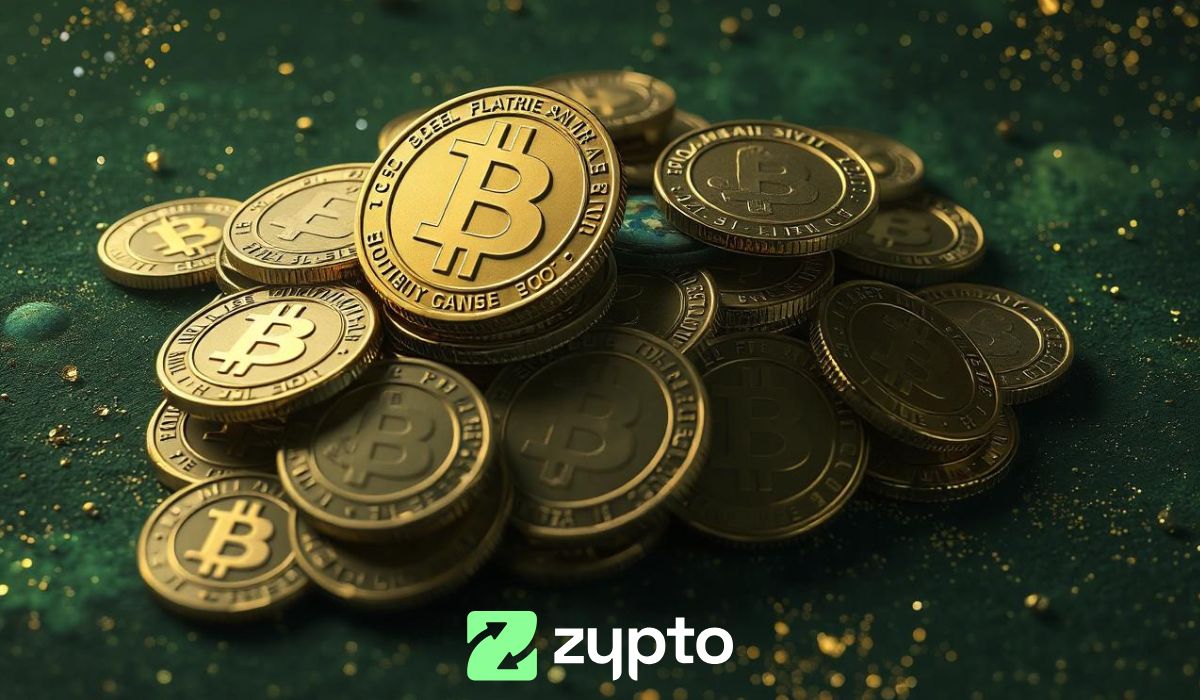
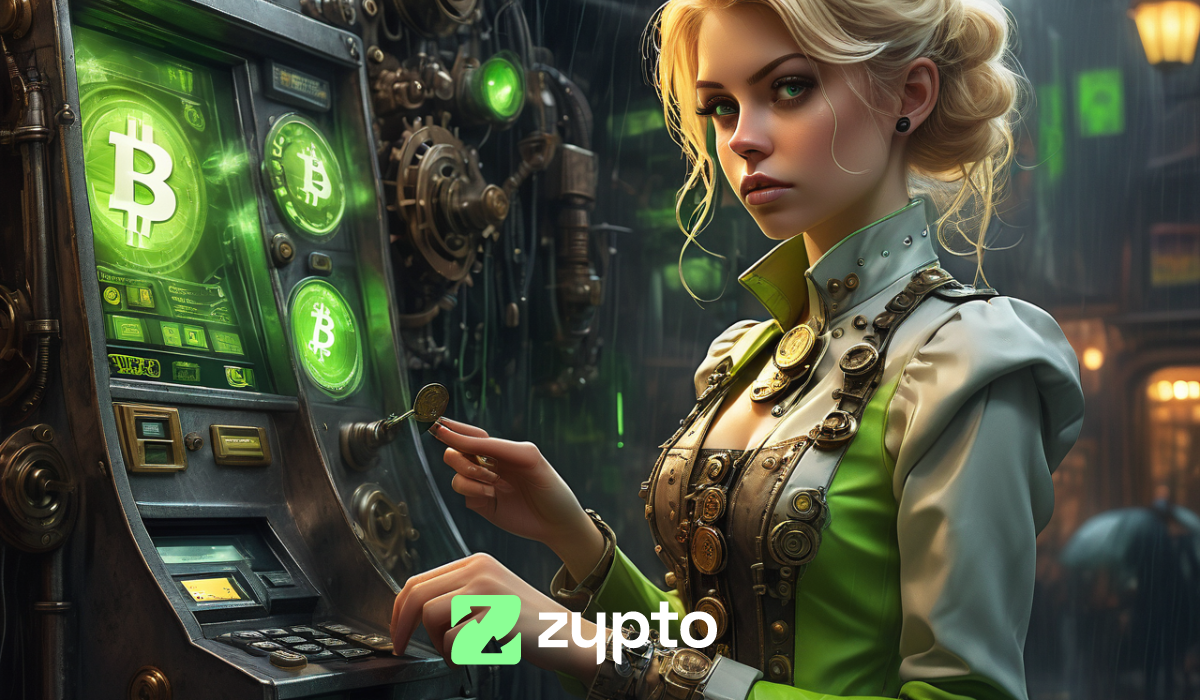




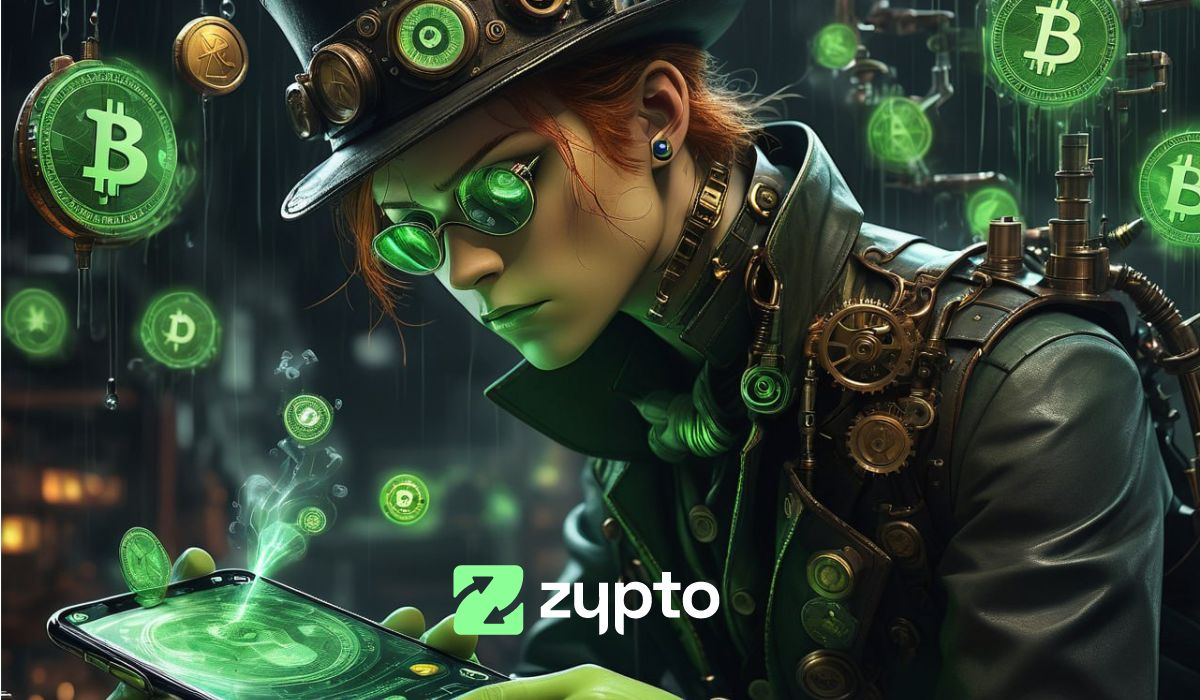
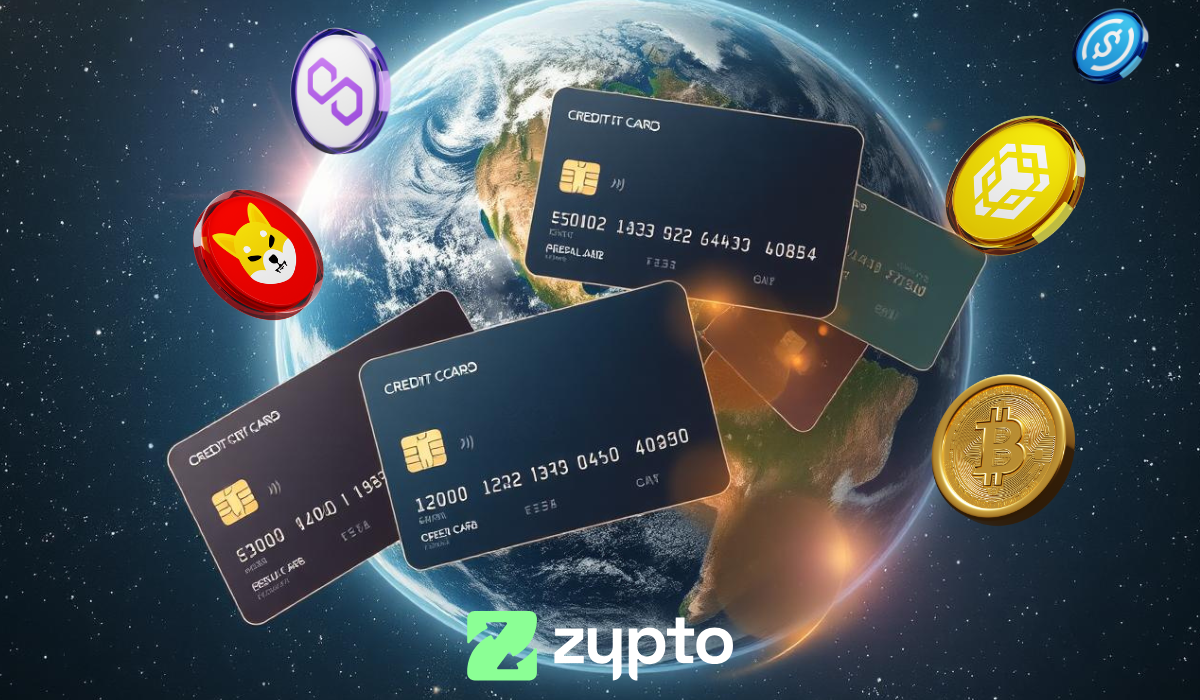


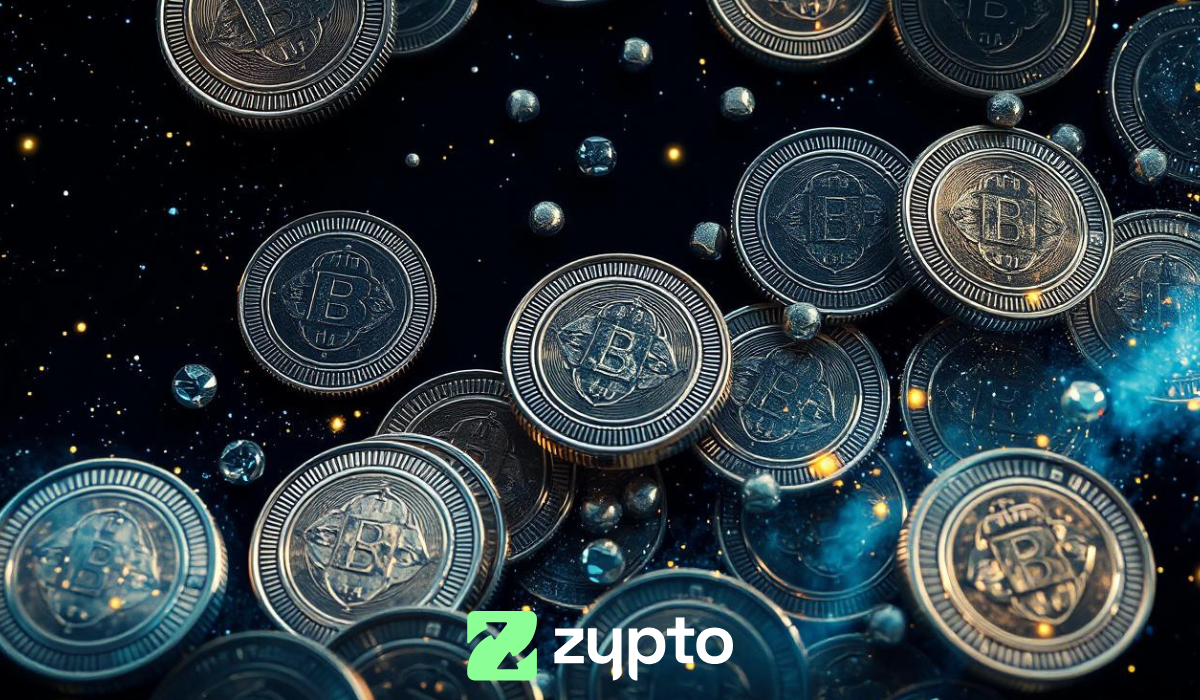
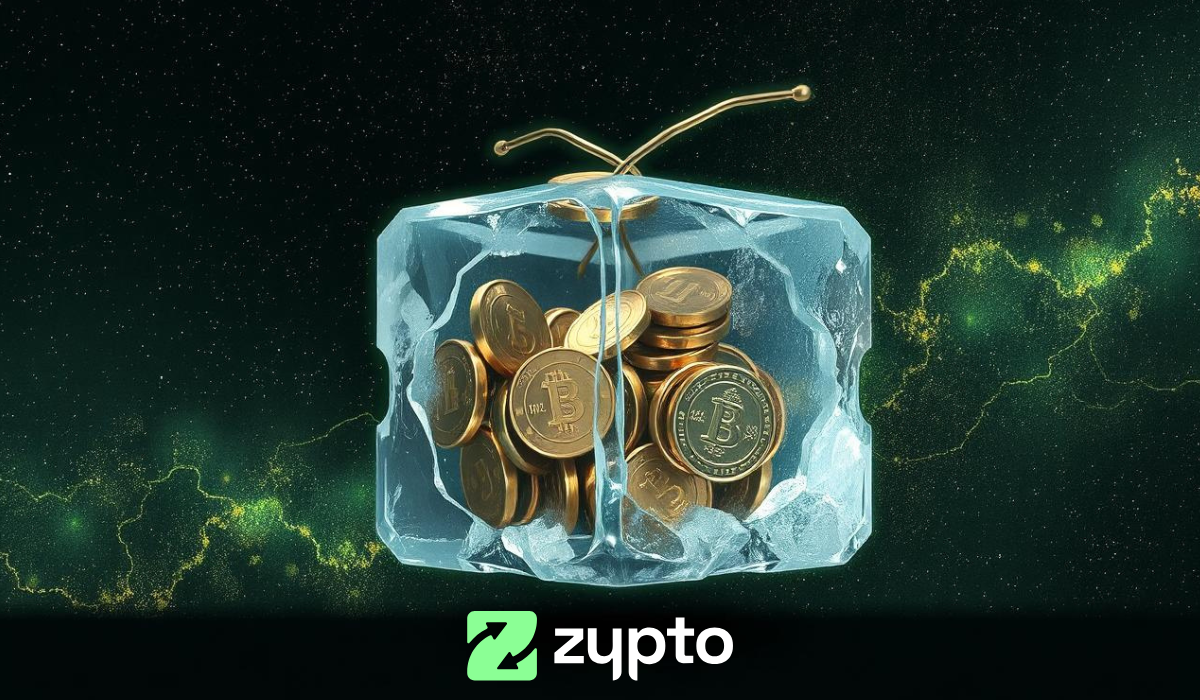




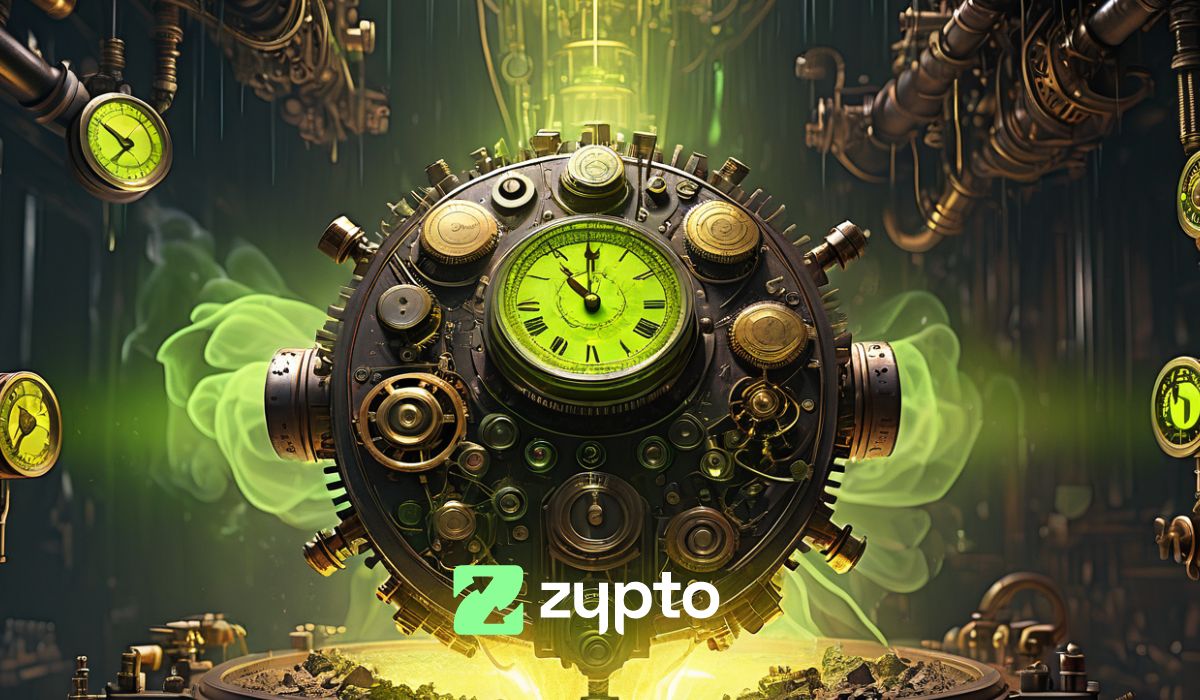
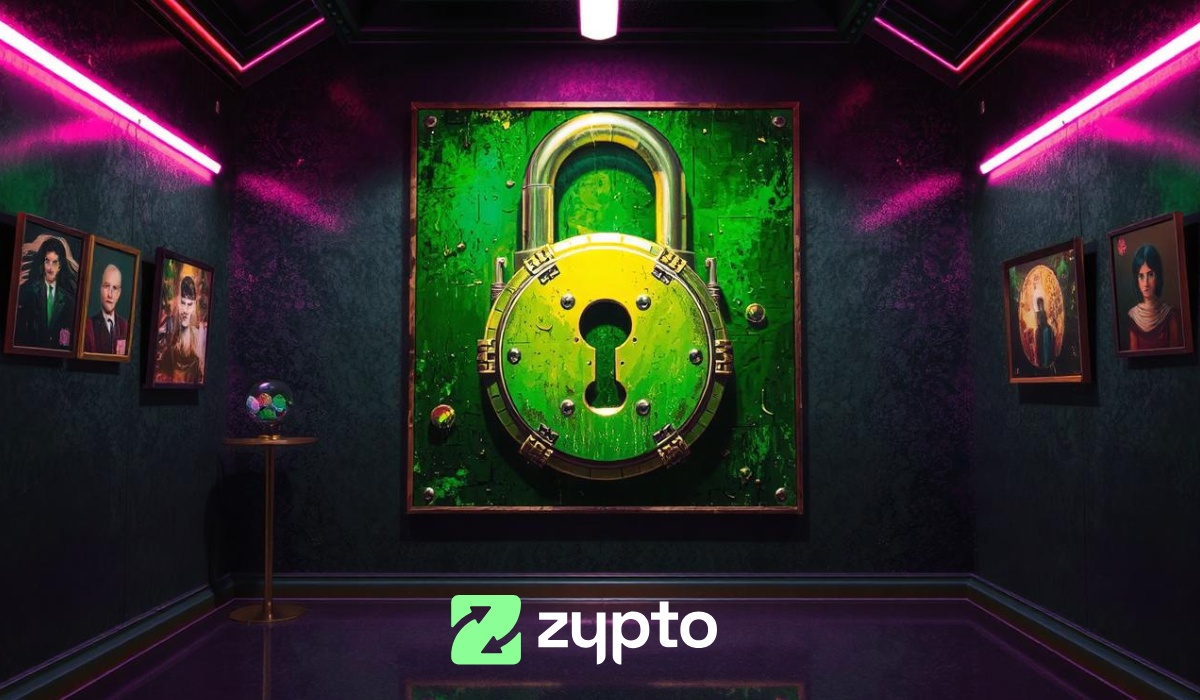


0 Comments